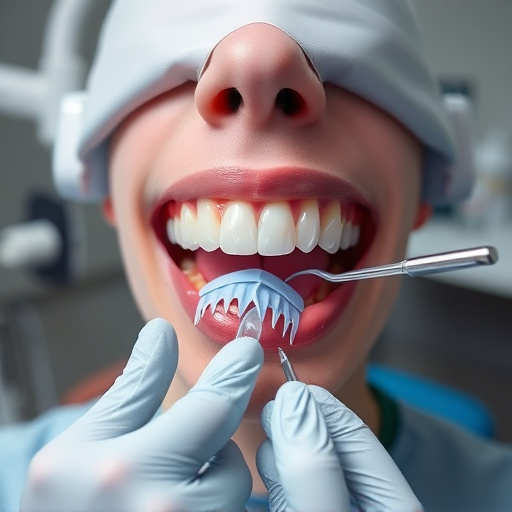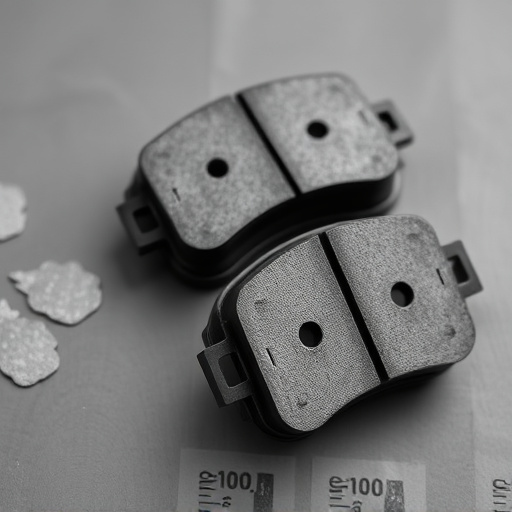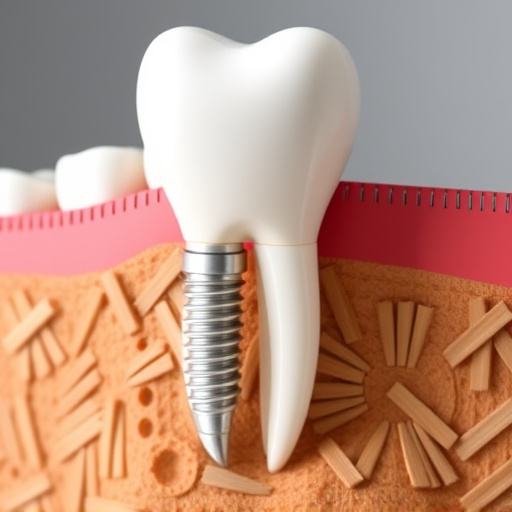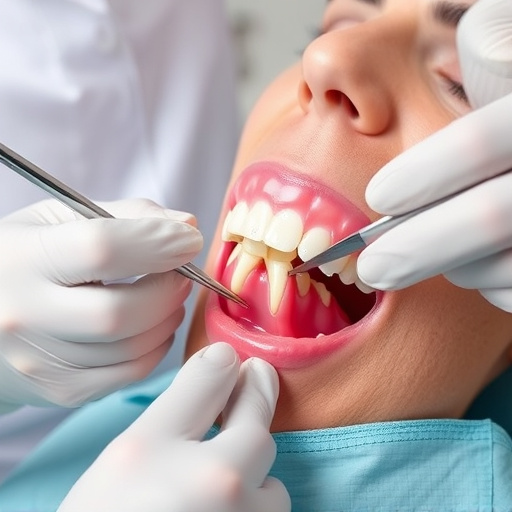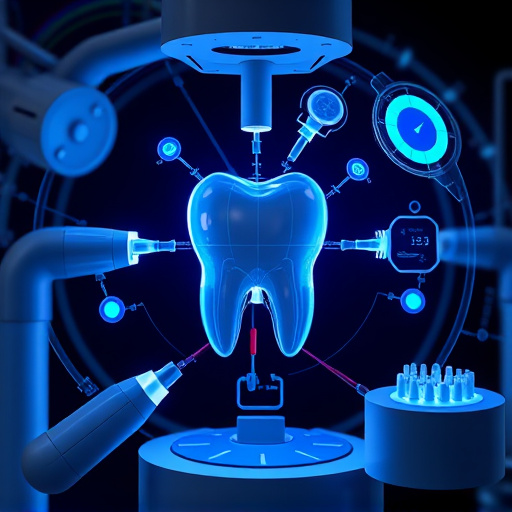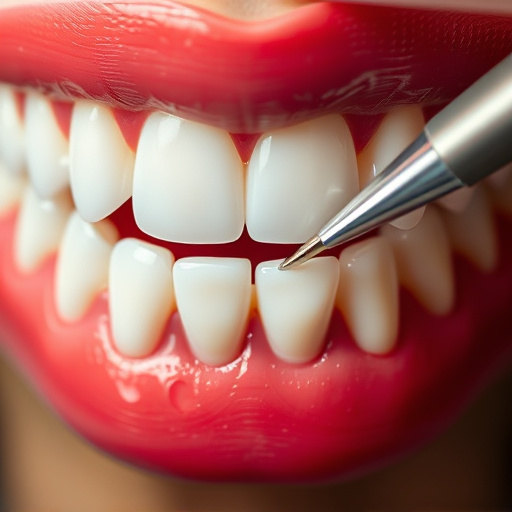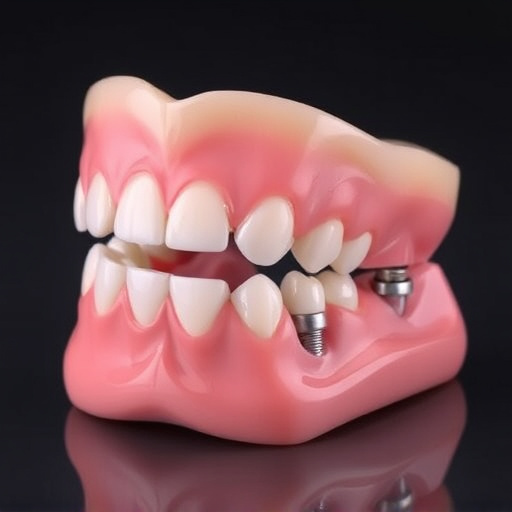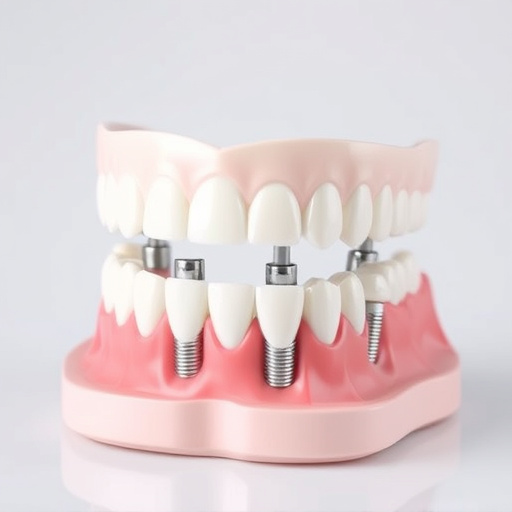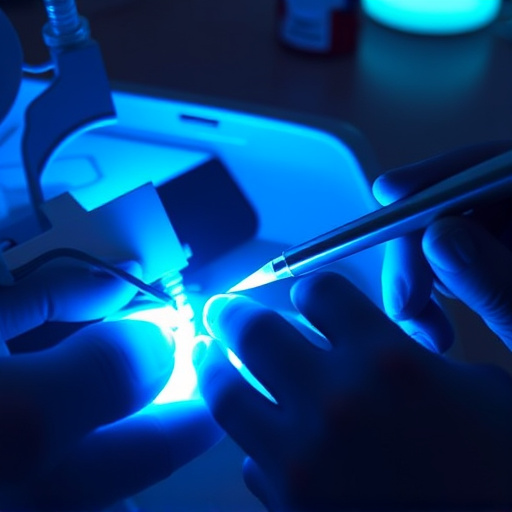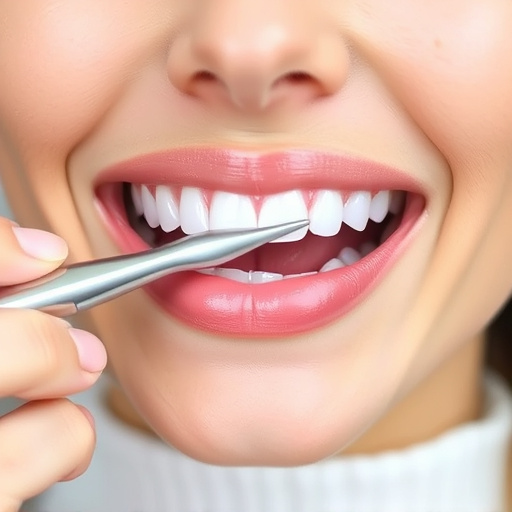Oral cancer screening is a vital part of routine dental care, utilizing tools like VELscope and biopsies to detect abnormalities early. While linked to risk factors like tobacco, alcohol, and poor diet, anyone can develop oral cancer. Regular screenings, typically conducted during check-ups, visually examine soft tissues for unusual spots, aiding in prompt treatment initiation and improving outcomes.
Oral cancer screening is a quick, painless process that can save lives. This article explores the vital role of regular screenings in early detection, emphasizing its benefits for better outcomes. We delve into understanding oral cancer risks and the simple procedures involved. By highlighting the significance of early detection, we aim to encourage individuals to take proactive steps towards maintaining their oral health and overall well-being. Embrace this game-changer in cancer prevention: oral cancer screening.
- Understanding Oral Cancer Risks and Benefits
- The Simple Process of Screening Procedures
- Early Detection: Why It's Vital for Better Outcomes
Understanding Oral Cancer Risks and Benefits
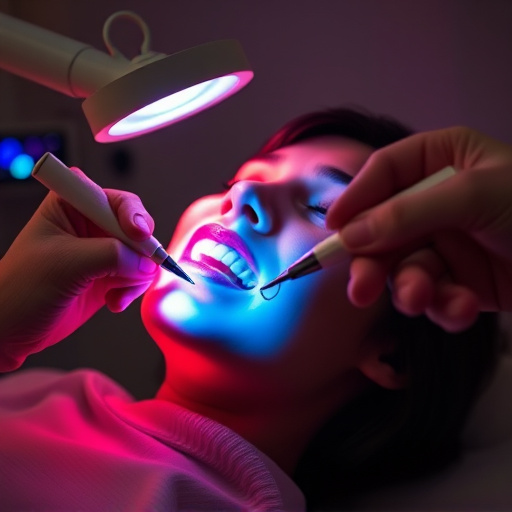
Oral cancer screening is a vital step in maintaining oral health and overall well-being. By understanding the risks and benefits, individuals can make informed decisions about their dental care. The primary advantage lies in early detection, which significantly improves treatment outcomes. Oral cancer, though relatively rare, has a higher survival rate when caught at an early stage. This is where regular screening comes into play, allowing for the identification of potential issues before they become life-threatening.
The risks associated with oral cancer are often related to lifestyle factors such as tobacco use, excessive alcohol consumption, and poor dietary habits. However, even those without these risk factors can develop oral cancer. Regular dental check-ups, including advanced oral cancer screening tools, can help in detecting any abnormalities or precancerous lesions. Preventive dentistry plays a crucial role here, as it focuses on maintaining good oral health practices and utilizing modern techniques like VELscope and oral brush biopsis to screen for potential cancers quickly and painlessly.
The Simple Process of Screening Procedures
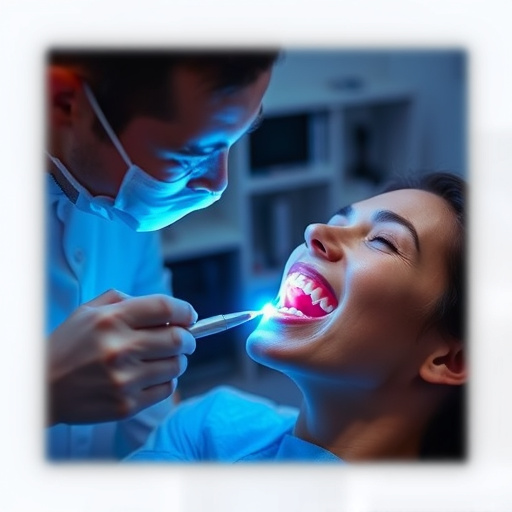
The process of oral cancer screening is designed to be simple and non-invasive, often taking just a few minutes during a routine dental check-up. It begins with a visual examination where your dentist will use specialized tools to inspect your mouth for any unusual spots, lesions, or discrepancies in the soft tissues. This includes checking the lips, tongue, cheeks, gums, and throat. During this stage, they are looking for any signs that could indicate early cancerous growths, such as red or white patches, moles, or swollen lymph nodes.
Following the visual scan, your dentist may perform additional tests, such as taking a small tissue sample (biopsy) for further laboratory analysis. This is often done using a simple procedure like brushing or scraping the affected area to collect cells for examination. In many cases, clear aligners or dental cleanings prior to screening can help ensure the best results, allowing for clear visibility and accurate diagnosis.
Early Detection: Why It's Vital for Better Outcomes
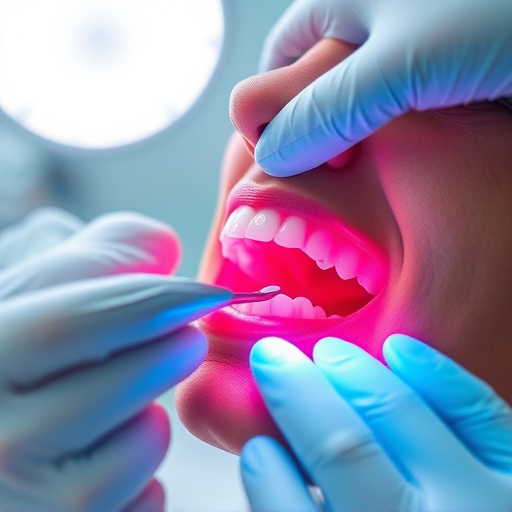
Early detection plays a pivotal role in improving outcomes for patients diagnosed with oral cancer. The human mouth is a complex area, and cancers can develop without causing noticeable symptoms early on. Regular oral cancer screenings are akin to conducting a thorough inspection of this intricate landscape. By identifying potential anomalies or precancerous cells when they first appear, dentists can initiate treatment promptly.
This proactive approach significantly enhances the chances of successful therapy. The earlier a cancer is detected, the less invasive and effective the treatment options tend to be. Moreover, early identification allows for a better understanding of an individual’s risk factors, enabling personalized care plans that may include procedures like dental bonding or clear aligners in conjunction with general dentistry practices, ultimately contributing to improved patient outcomes.
Oral cancer screening is a quick, painless process that can save lives by detecting potential issues early on. By understanding the risks and benefits, individuals can make informed decisions about their oral health. The simple procedures involved ensure a comfortable experience, while early detection plays a crucial role in improving treatment outcomes. Regular oral cancer screening is a proactive step towards maintaining overall well-being.



